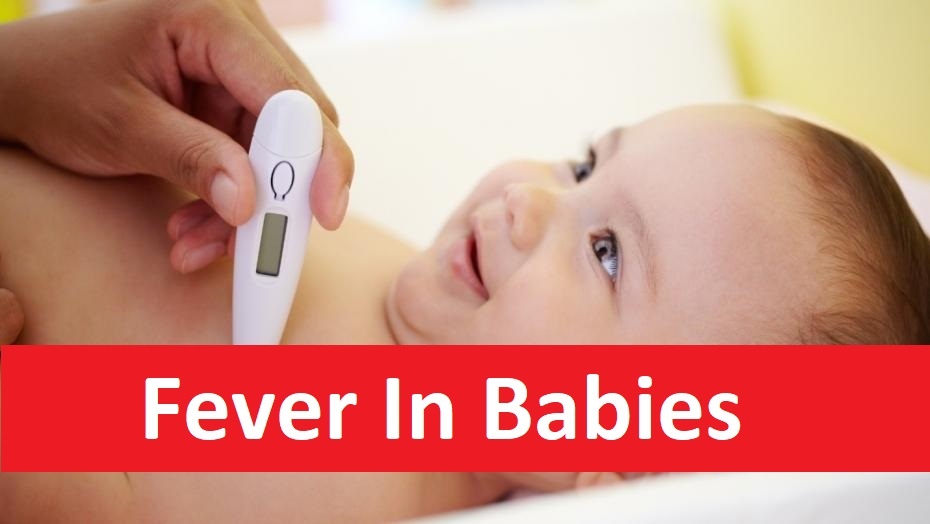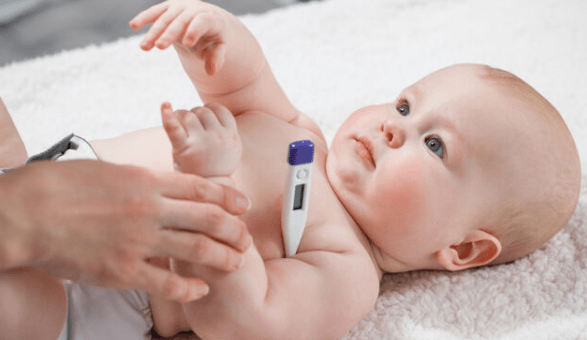Fever In Babies 2021

Fever in babies is a common thing to deal with especially if the baby is born early. It is said that a newborn can develop a fever of up to 101 degrees Fahrenheit. This is the perfect temperature for viruses to multiply very quickly. But when your baby has a fever for any reason, make sure you have him or her see a doctor as soon as possible.
What Are The Symptoms Of Fever In Babies?
What exactly is the symptom of fever in babies? There are many different symptoms to watch out for. Some of the more common ones include: Difficulty breathing, coughing, irritability, decreased appetite, irritability, and constant crying. If one or more of these symptoms are present, you should call your doctor right away. Here is how to tell if your child has a fever.
A fever in babies is not always a critical illness. Sometimes it is caused by an illness such as a respiratory infection or a respiratory problem. The problem arises when there are no warning signs such as fluid loss in the stools. This can also be caused by a dehydration issue. But if there are fever signs such as constantly crying and breathing problems, then it is best to take your baby to the doctor to ensure that he or she does not have a serious illness.
How Can You Tell If Your Baby Is Developing A Fever?

You will be able to tell if your child is developing a fever if his or her body temperature is increasing. This is often accompanied by a change in appetite. Infants will usually eat less when they are developing a fever because their body temperatures are constantly changing. However, you will notice that your baby might eat more when the body temperature normalizes again. In this case, you need to monitor your baby’s food and liquid intake and make sure he or she is adjusting properly to a new normal body temperature.
How To Prevent Fever In Babies
How can you prevent fever from developing in your baby? Watching your baby’s behavior and react to his environment is one way you can prevent fever from developing. Babies often get sick when they are being exposed to bacteria, viruses, fungi and other germs. Keeping your baby’s environment clean and free of pollutants and irritants will help your baby avoid the development of infections. It may also help lower the fever, so you can prevent it from developing. Cleaning his or her room every day and using recommended antibacterial products will help lower the risk of infections.
If you are worried about your baby’s condition, you need to immediately consult with your pediatrician. A pediatrician is a doctor who is well trained to diagnose and treat fever in babies. He or she will be able to give you advice on how to best care for your baby to prevent him or her from developing more complications. Your doctor may recommend medications, physical therapy or even a nutritional supplement that can help lower the fever.
If you are interested in our article on rotavirus in infants and children, you can click this link.


